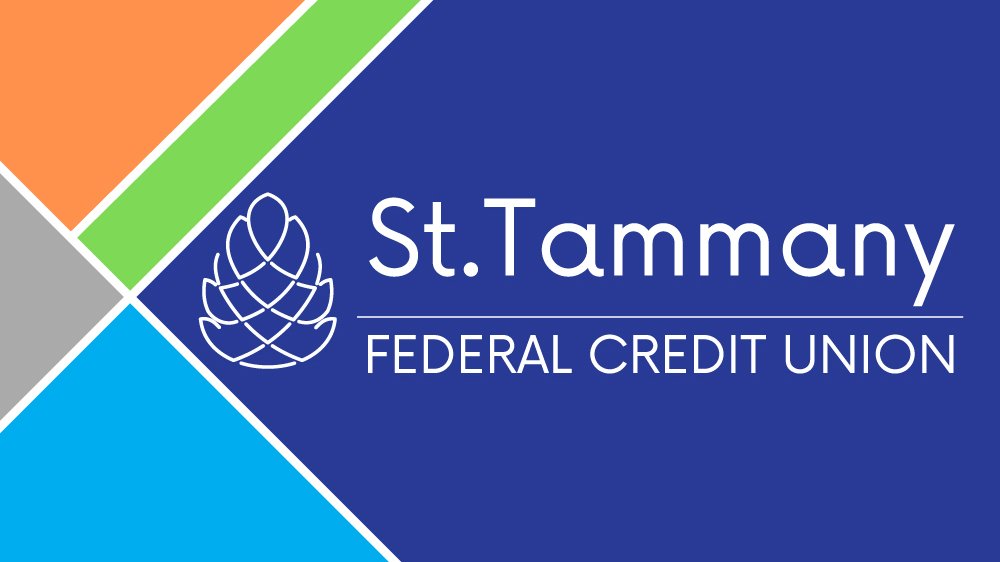Have You Found Yourself In A COVID-19 Scam?
Since the start of the pandemic, scammers have been targeting consumers, using the coronavirus pandemic to benefit themselves. These predators are using telemarketing calls, text messages, social media platforms, and door-to-door visits to perpetrate COVID-19-related scams. They are offering COVID-19 tests, HHS grants, and Medicare prescription cards in exchange for personal details, including Medicare information.
Tips to keep yourself protected from COVID-19 scams:
Don’t take medical advice from anyone other than your doctor.
Avoid online offers for coronavirus cures or faster access to vaccines. They aren't legitimate.
Be wary of emails, calls, and social media posts advertising "free" or government-ordered COVID-19 tests. Check the FDA website for a list of approved tests and testing companies.
Don't click on links or download files from unexpected emails, even if the email address looks like a company or person you recognize. Ditto for text messages and unfamiliar websites.
Don't share personal information such as Social Security, Medicare, and credit card numbers in response to an unsolicited call, text, or email.
Be skeptical of fundraising calls or emails for COVID-19 victims or virus research, especially if they pressure you to act fast and request payment by prepaid debit cards or gift cards.
Ignore phone calls or emails from strangers urging you to invest in a hot new stock from a company working on coronavirus-related products or services.
Things to keep in mind and to stay safe:
Scammers are here to stay, but we can get smarter about how we protect ourselves from being vulnerable.
If you suspect COVID-19 health care fraud, report it immediately online or call 800-HHS-TIPS (800-447-8477). Stay safe out there!

